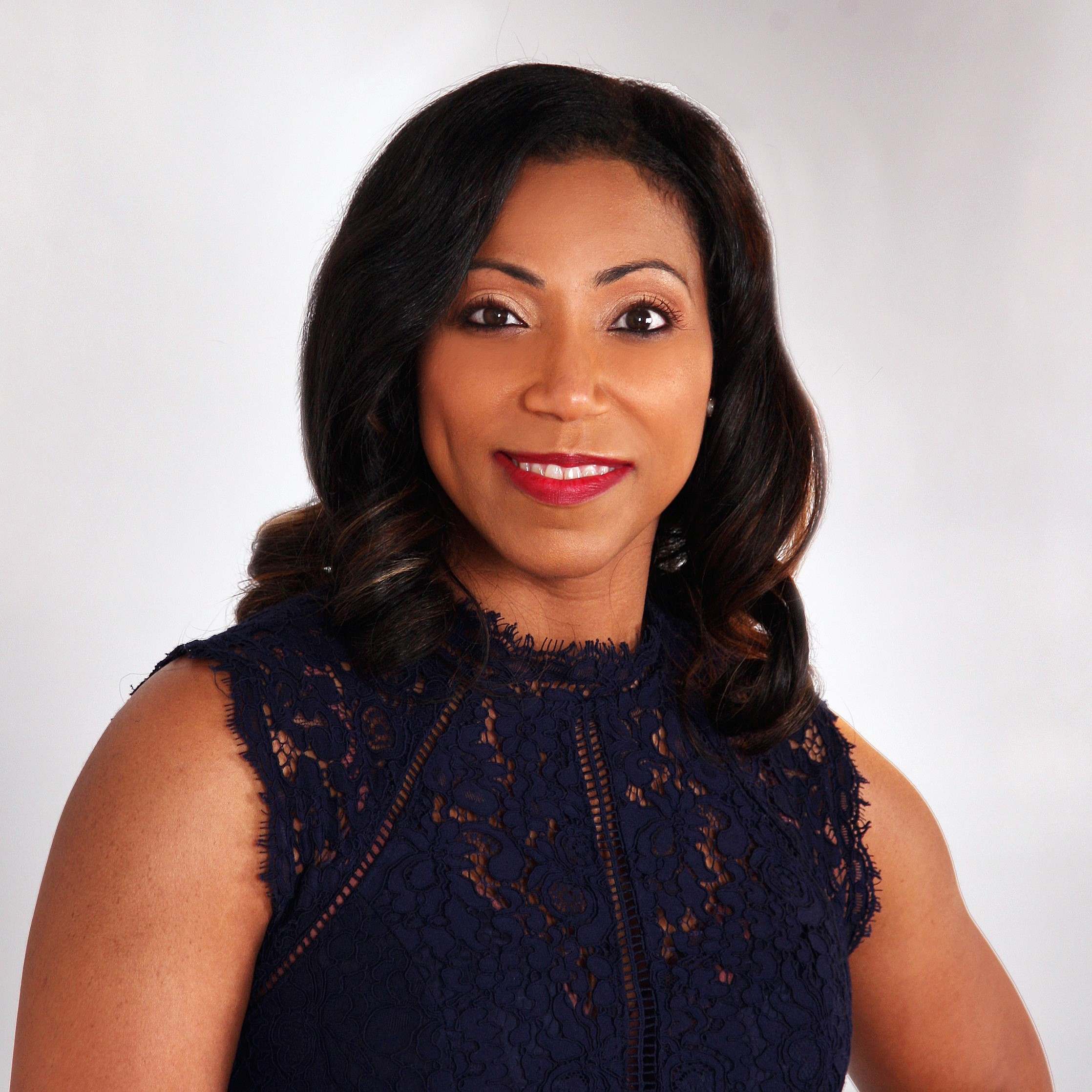In the wake of the horrific shooting of Ralph Yarl, LISC's Holly Long asks readers of an opinion piece for The Kansas City Star to challenge the systemic issues that perpetuate violence that Black children and adults face every day. As a Black mother parenting children in the same city where the 16-year-old was shot, she poses the question: “When will a child’s innocent mistake no longer turn into a matter of life and death?”
The excerpt below was originally published by The Kansas City Star:
Kansas City, we have to make sure the next shooting like Ralph Yarl’s never happens | Opinion
Photo at top: Courtesy Yarl Family via AP
The shooting of 16-year-old Ralph Yarl has thrust Kansas City into the national spotlight, sparked protests and generated anger and outrage. As a product of this community, I hope this tragic incident will also lead us to reflect more deeply about the policies and systemic issues that contributed to this story.
I’m stirred to ask questions: What does this story say about us as a community? What changes are needed, in our hearts and minds as well as our policies?
Ralph’s story began with an ordinary act: He knocked on a door. He made a simple mistake that most of us will make sooner or later — knocking on the wrong door, trying to open the wrong car door, showing up at the wrong apartment.
My colleague Geoff Jolley tells me he has knocked on thousands of doors over the years in the effort to get out the vote. In almost every case, he was a stranger — someone the person on the other side of the door didn’t recognize.
Geoff says: “When you canvas for a political candidate or as part of a community outreach, people usually aren’t expecting you. Often, they don’t want to see you, and they will be irate or rude. That’s part of the job.” Thankfully, Geoff has never been met with violence of any kind. But Geoff, who is white, doesn’t look like me or Ralph, who are Black.
Ralph’s story raises questions about belonging in our communities. If Black people and people of color cannot do simple things such as pick up their siblings from a play date in our own neighborhoods, in our own city, or even in our own country, is this really our community? What does it mean when members of minority populations live with the possibility that a simple mistake could land us in the hospital or even cost our lives?
As a Black mother of two young children, Ralph’s story also inspires fear for my children’s future. When will Black children, teens and adults be able to live without the threat of gun violence as we simply go about our daily lives? When will a child’s innocent mistake no longer turn into a matter of life and death?
At Local Initiatives Support Corporation Greater Kansas City, we have the privilege of witnessing the incredible work that young people of color are doing in our communities. These change agents strive to break down systemic barriers — the same systemic barriers that led someone to fear for his life, so much that he felt violence was necessary, apparently just because the person on the other side of the door had a darker complexion.
Ralph’s story also leads us to reflect on other young men who were victims of gun violence and did not survive. In the last few months, we’ve lost 18-year-old Ricardo Apodaca, 17-year-old Darrell Weldon, 16-year-old Devohn Dudley-Reese and 18-year-old Jazion Sanders, to name just a few. These losses are not only a source of heartbreak and grief for their families. They represent a loss for the entire community. We have all lost whatever those young men might have contributed to society in the future.
Continue to original story on The Kansas City Star [+]...
About the Author
 Holly Long, Community Development Officer, LISC Kansas City
Holly Long, Community Development Officer, LISC Kansas City
Holly is a Kansas City, Missouri native and a proud graduate of Howard University in Washington, D.C. She received her Master’s in Science Management (Organizational Leadership) from Baker University and is a certified lecturer and individual, executive and organizational coach with Strengthscope US. Prior to joining LISC, Holly spent the last 15 years working in the office of Congressman Emanuel Cleaver, II, where her genuine heart for community was matched with learning the skills and tools necessary to make a true sustainable impact in her local, regional, national and global community.